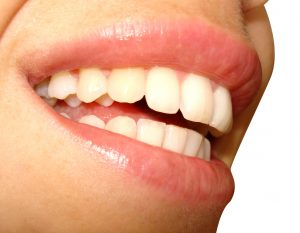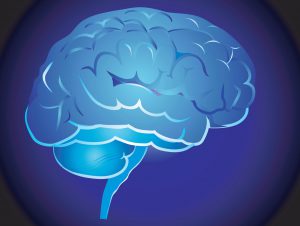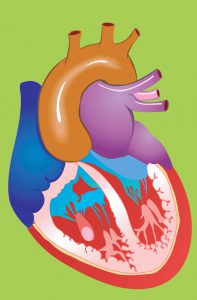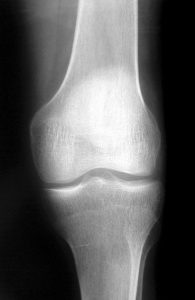CURCUMIN is one of the most researched herbs in recent times with over 3000 studies conducted throughout the world. Dr. Prasad S, Aggarwal BB, MD Anderson Cancer Center, Texas is a big fan who wrote a scientific study on turmeric and curcumin called “The Golden Spice (1).” He notes that while modern medicine has been used to treat numerous diseases and been around for 100 years, traditional medicine has been around for 1000s of years. Using curcumin with my husband, we noticed herbs and plants continue to be safe and effective while modern medicine has many side effects and contraindications.
The list below links to studies that explain scientifically proven health benefits of turmeric and curcumin. Because the level of curcumin in turmeric per pound varies from 2 – 4%, most of the studies have been done on curcumin.
- Contains medicinal properties for systemic and oral health
- promotes detoxification of and acts as a cleanser for the body
- is a natural anti-inflammatory compound
- contains antioxidant properties
- neutralizes free radicals and has powerful polyphenols
- boosts immune system health
- acts as a bacteria-killer in the stomach and intestine
- improves brain functions and reduces risk of brain diseases, including Alzheimer’s disease
- can help lower the risk of heart disease
- has been shown to make molecular changes that link to benefits regarding cancer
- helps arthritic patients relieve painful joints
- aids in relieving depression
- may help increase longevity and fight age-related chronic diseases

Curcumin contains medicinal properties for systemic and oral health.
Role of curcumin in systemic and oral health: An overview. (2)
When I had a tooth extracted, I used curcumin for pain instead of the ibuprofen the dentist recommended and was pleased to discover that it worked.
Curcumin promotes detoxification of and acts as a cleanser for the body
The effect of curcumin (turmeric) on Alzheimer’s disease: An overview. (3)
Curcumin is a natural anti-inflammatory compound
Potential Therapeutic Effects of Curcumin, the Anti-inflammatory Agent, Against Neurodegenerative, Cardiovascular, Pulmonary, Metabolic, Autoimmune and Neoplastic Diseases. (4) See also (5) and (6).
Curcumin contains antioxidant properties that neutralize free radicals and has powerful polyphenols
Anticancer potential of curcumin: preclinical and clinical studies. (7)
Curcumin boosts immune system health
Screening pharmaceutical preparations containing extracts of turmeric rhizome, artichoke leaf, devil’s claw root and garlic or salmon oil for antioxidant capacity. (8)
Curcumin acts as a bacteria-killer in the stomach and intestine
Therapeutic potential of curcumin in digestive diseases. (9)
Curcumin improves brain functions and reduces risk of brain diseases, including Alzheimer’s disease
Curcumin Enhances Neurogenesis and Cognition in Aged Rats: Implications for Transcriptional Interactions Related to Growth and Synaptic Plasticity. (10) See also (11) and (12).
Curcumin can help lower the risk of heart disease
The protective role of curcumin in cardiovascular diseases. (13)
Curcumin has been shown to make molecular changes that link to benefits regarding cancer
Chemopreventive Effect of Curcumin, a Naturally Occurring Anti-Inflammatory Agent, during the Promotion/Progression Stages of Colon Cancer. (14)
Curcumin helps arthritic patients relieve painful joints
A randomized, pilot study to assess the efficacy and safety of curcumin in patients with active rheumatoid arthritis. (15)
Curcumin aids in relieving depression
Efficacy and safety of curcumin in major depressive disorder: a randomized controlled trial. (16) Also see (17)
Curcumin may help increase longevity and fight age-related chronic diseases
Curcumin, inflammation, aging and age-related diseases. (18)






